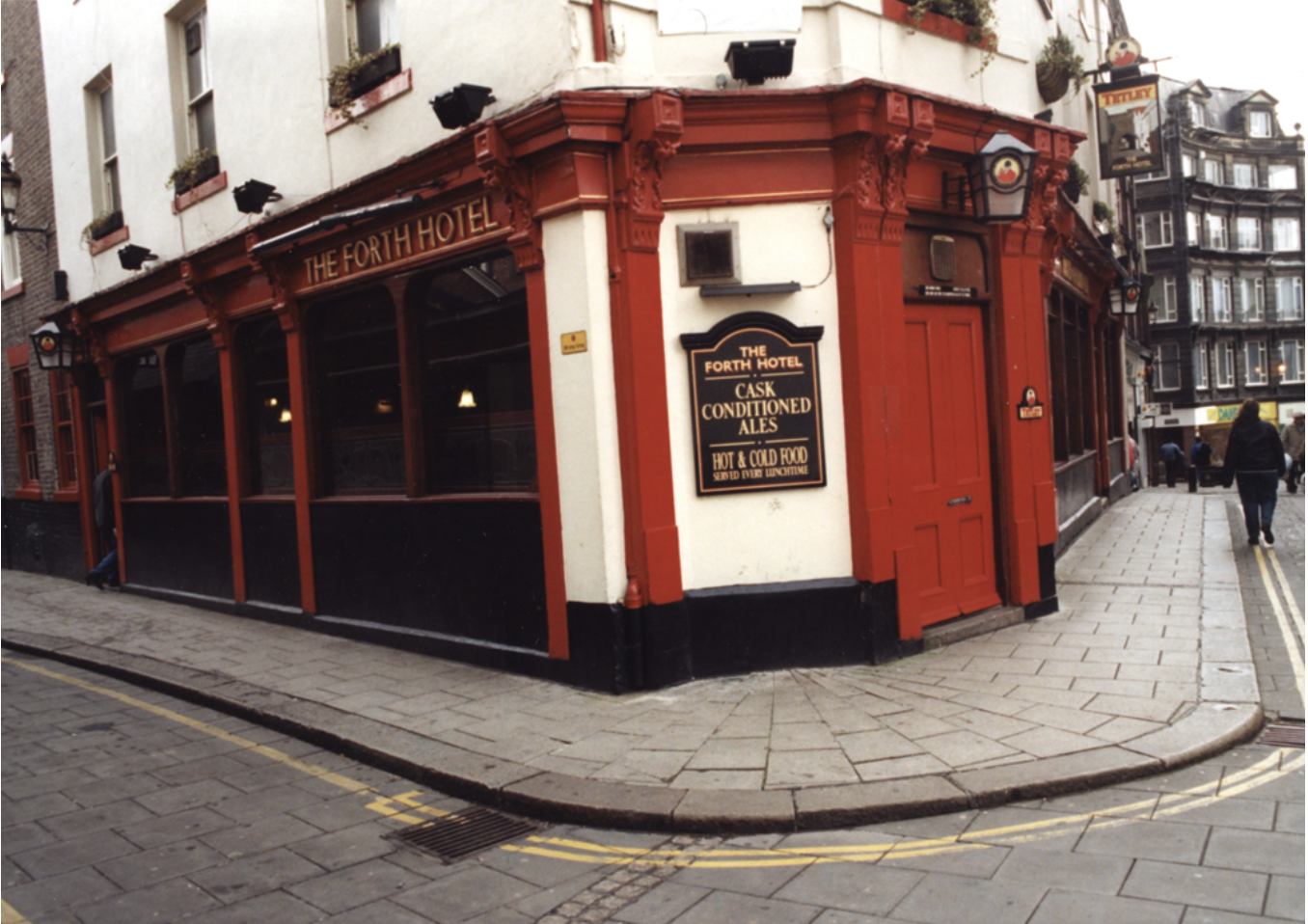Dubstar: SAY THE WORST THING FIRST demo
The first environment where I heard live music was at our local church, St Thomas More in Bexleyheath. I wasn’t much of a fan of church but I did enjoy the ‘folk Masses’, where enthusiasts would sing worship songs on acoustic guitars with unbridled enthusiasm. And beards, this was the 1970s.
Being Roman Catholic, many of these were Irish songs whose lyrics had been amended to fit the requirements of inclusion in a service. Naive and rarely pious, they had a melodic quality that I loved; they would come to have a huge impact on my songwriting.
In 1977 we moved from Abbey Wood to Welling, where I would spend the next twelve years. The local church was St Stephen’s… and in my teens I joined the folk group on bass and would plod along once a month, it was the first ever band I played in (I’ll talk about Stiletto Nightmare another time). There was one particular song that caught my ear…
I Watch The Sunrise was a favourite at St Stephen’s and St Thomas More’s in Eltham where my cousins went to school. The melody is extraordinary, ebbs and flows perfectly and the lyric is simple and sincere unlike those dreadful Victorian hymns we sung at school (To Be a Pilgrim? Do you mind if I don’t?). It turned out I Watch The Sunrise wasn’t a traditional song but a modern composition. I discovered it was written by local priest Father John Glynn, a dark-haired and rather quiet man, the youngest we would see onstage every a Sunday. He was the first songwriter I’d ever met; I’d watched him play the guitar at Mass and thought nothing much of it, man playing guitar is not that interesting after all. But he writes songs, and he wrote THIS song? That blew my mind. I wanted to do that. A few years later I would.
St Stephen’s Parish Church in Welling, South London sometime in the 1970s
So what does this have to do Dubstar? I accidentally incorporated I Watch The Sunrise into the Dubstar song Say the Worst Thing First. I didn’t realise this until a friend John C Scott, who’d also had a Catholic upbringing, spotted it and asked if this was intentional. It wasn’t, I was a little stunned and a touch embarrassed. Was this going to be a problem?
On reflection, the two songs are not that close, but the melodic leap in the choruses are very similar, as is the overall vibe. I suppose the songs you’re exposed to as a child never leave you, and if you write music they can’t help but surface in your work from time to time. Thanks Father John, hope you’re doing ok.
Meanwhile in 1996…
I broke up with my girlfriend after Dubstar headlined the NME tent at Reading Festival in 1996. I spent the next day wandering around Pink Lane, alternating between the The Forth Hotel bar and our studio in the Arts Centre trying to work out what on earth I was going to do next (a familiar feeling). On that long day drinking Guinness in the Forth Hotel I made a decision. Inspired by Ewan McGregor’s monologue in Trainspotting, I decided I would choose life… I chose to be happy rather than be a suffering artist. I chose that I wouldn’t feel this bereft, that I wouldn’t be such a failure at relationships ever again. Next time would be the right time, next time would be the last time.
Forth Hotel 1995, image from Newcastle City Council Library
But like St Augustine before me, I had to do a little more suffering first.
I hadn’t appreciated until many years later how privileged I’d been in this moment. A broken hearted songwriter splits from long term partner and gets to metaphorically open his heart in songs that will be heard by thousands of people across the world. There are worse ways to recover from the end of a relationship, but few more self indulgent. I don’t regret writing this song, but I know I couldn’t write something like this now. It’s profoundly unfair. It overlooks the other person’s position in the situation in order to express your own pain.
So I wouldn’t be comfortable doing this in 2020, but I am torn. Isn’t this self indulgence exactly how artists have behaved thorugh the ages, landing themselves in the middle of a situation involving loved ones…and then telling their own audience how they feel about it? I suppose a writer has to decide what’s more important, their art or their life. I chose the latter.
I love everything about this song except the version on Goodbye. I had too many things going on in the arrangement, like a collision of a hundred ideas for what should have been a stripped back ‘dagger through the heart’ Dubstar song. Hopefully the piano version addresses this. Still, the bridge with the instrumental mandolins, a reference to For Ever and Ever by Demis Roussos, is my favourite moment on the whole album.
This article includes excerpts from DUBSTAR.COM. Want more? You can find the story behind every Dubstar song ever recorded including dozens of unreleased songs right here at Dubstar.com
And don’t forget to follow me on Twitter for up to be the first to hear new releases and up to the minute news



